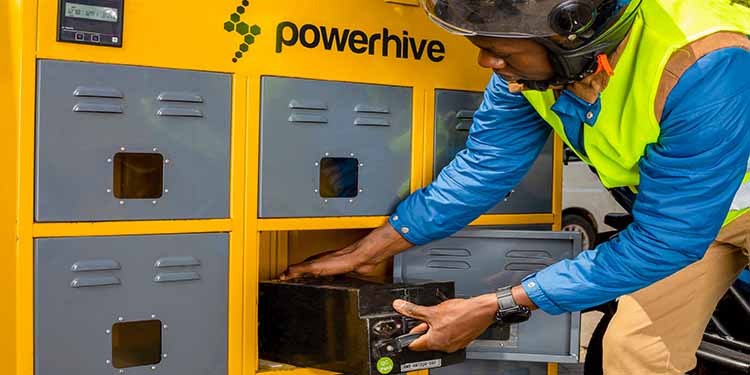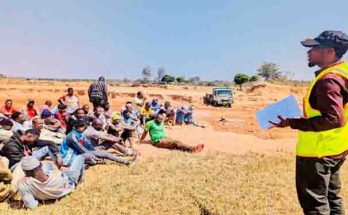
Mini grids were initially installed in Kisii, western Kenya, by Powerhive, a forward-thinking clean energy company that is currently leading the way in e-mobility solutions in Kenya. After that, Powerhive switched to electric cars.
After testing out a number of scenarios for the profitable use of mini grid power, Powerhive decided to stick with electric vehicles (EVs). Powerhive was the first business in Kenya to test electric motorcycles and the battery swap ecosystem as a result of its emphasis on EVs. Additionally, Powerhive was the first business with a fleet that had traveled half a million kilometers on Kenyan roads.
Currently, Powerhive is producing the Spark, an electric motorcycle that is in its third generation. The Spark electric motorcycles are currently being produced and delivered at a faster rate by Powerhive. The company claims that by leading the way in accessible, effective, and sustainable mobility solutions for Kenyan communities, its advancements in the EV space mirror a vision for a cleaner, greener future.
Powerhive announced a strategic partnership with Nairobi-based Mobius Motors, a well-known partner in vehicle manufacturing, towards the end of the previous year. An important step has been taken in Powerhive’s continuous efforts to improve the sustainable mobility environment in the area with this partnership. Mobius Motors creates, produces, assembles, and markets automobiles for the mass market in Africa.
The establishment of a special bonded warehouse within the Mobius Motors complex, intended for the exclusive assembly of Powerhive’s Spark electric motorcycles and able to produce up to 150 Spark bikes per factory shift, is considered by Powerhive to be the cornerstone of this partnership. This development is in perfect harmony with Powerhive’s objective to transform environmentally friendly and clean transportation options, enabling riders to have a more accessible and environmentally conscious future.



